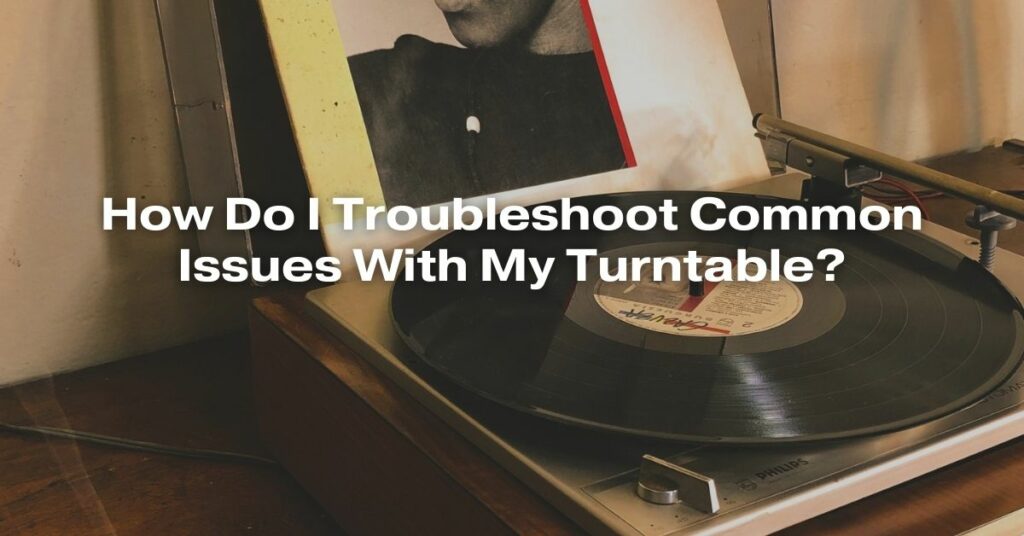The warm, rich sound of vinyl records has made a comeback in recent years, with many music lovers rediscovering the joy of listening to their favorite albums on turntables. However, turntables, like any other electronic device, can experience occasional hiccups. Here’s a guide to troubleshooting common turntable issues and keeping your vinyl-listening experience smooth and enjoyable.
1. Turntable Won’t Spin:
If your turntable platter isn’t rotating, the culprit is likely a worn-out or broken belt. Belt-driven turntables rely on a rubber belt to transfer power from the motor to the platter. Over time, belts can stretch or break, causing the platter to stop spinning. To replace the belt, carefully remove the platter and locate the old belt. Replace it with a new belt of the same size and type.
2. Speed Inconsistency:
If your turntable is playing records at the wrong speed, it could be due to a slipping belt or a faulty speed control mechanism. For belt-driven turntables, check if the belt is loose or worn out. If the belt is fine, the issue might lie with the speed control circuitry. Consult your turntable’s manual or seek professional assistance for adjusting the speed control.
3. Audio Distortion or Hum:
Distorted or humming sound from your turntable could indicate a grounding issue. Ensure your turntable is properly grounded to the amplifier or receiver. Check the grounding wire connection and make sure it’s secure. If the problem persists, try using a different outlet or power strip to eliminate potential ground loop issues.
4. Needle or Stylus Issues:
The needle or stylus is a delicate component that plays a crucial role in sound reproduction. If the needle is damaged or worn out, it can cause skipping, distortion, or muffled sound. Inspect the needle for any visible damage or excessive wear. If necessary, replace the needle with a compatible one recommended for your turntable model.
5. Record Damage:
Sometimes, the problem may not lie with the turntable but with the record itself. Scratches, dust, or warping can cause skipping, popping, or other playback issues. Handle records with care, store them properly, and clean them regularly using a dedicated record cleaning solution and brush.
Preventive Maintenance:
Regular maintenance can go a long way in preventing turntable problems. Keep your turntable clean and dust-free, especially the platter and tonearm. Check the cartridge alignment periodically to ensure proper tracking. Replace worn-out parts like belts and needles promptly.
If you encounter more complex issues or are unsure about troubleshooting, don’t hesitate to consult a professional turntable repair technician. With proper care and maintenance, your turntable can provide years of enjoyable music listening.


